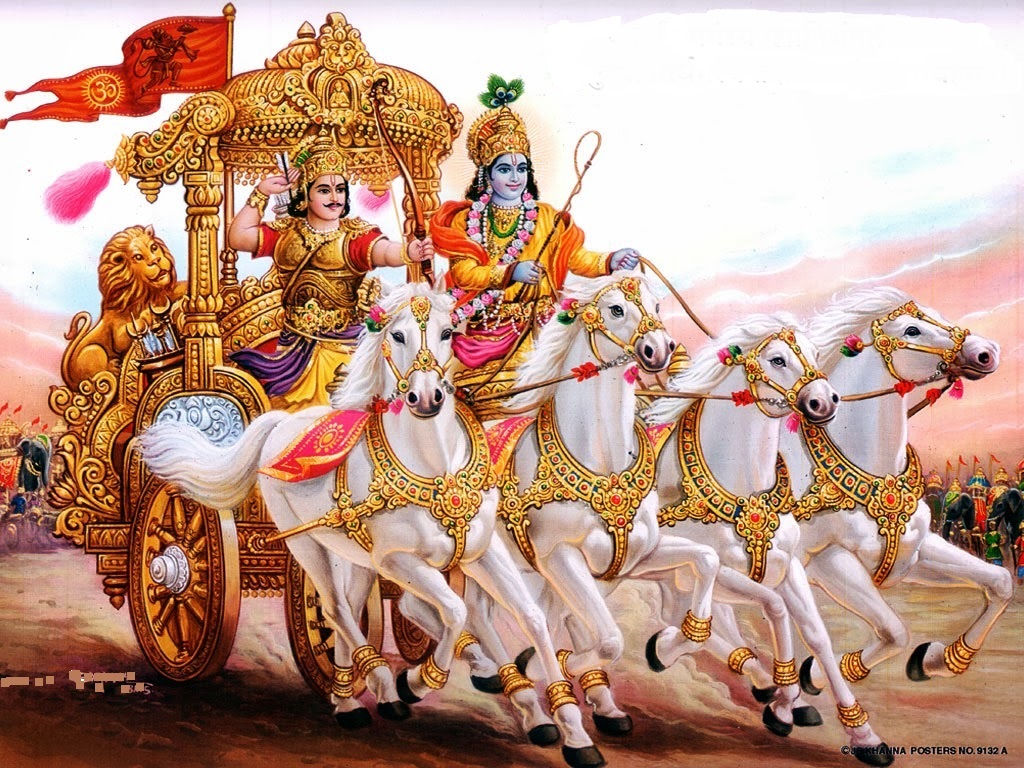The Moksha Gita: Swami Sivananda // Commentary: Chapter 9 - 5,6.7,&8 : Swami Krishnananda.
=============================================================================
Friday, 11 Aug 2023 07:10.
The Moksha Gita: Swami Sivananda
Chapter 9: The Five Sheaths- 5,6,7 & 8.
Commentary : Swami Krishnananda.
==========================================================================
5, 6.
"The Manomaya Kosha or the mental sheath is a product of Sattwa Guna. It also has a beginning and an end. It is inert. It is an effect. Therefore you are not the Manomaya Kosha. You are the witness of this sheath. Understand, therefore, "I am not Manomaya Kosha. I am Brahman.""
The Manomaya Kosha consists of the mind and the five Jnana Indriyas. It is a means of enjoying pleasure and pain. The mind causes egoism in the body and "mine"-ness in house, sons, wife, wealth, etc., and passes outside through the avenues or channels of these five Indriyas. It is the internal instrument for gaining the experiences and knowledge of this world. Mind is associated with the Vrittis or waves of lust, anger, etc., and is a terrible objectifying agent. Mind is a Vikari, it constantly changes itself.
The Self is a witness of the Manomaya Kosha. The Self is Nirvikari. The mind is not the Self. The Self is the Atman or Brahman, unblemished, eternal and changeless, and one should meditate on it as such.
============================================================================
7, 8.
"The Vijnanamaya Kosha or this Buddhi sheath is a product of Sattwa Guna. It has also a beginning and an end. It is inert. It is an effect. Therefore you are not the Vijnanamaya Kosha. You are witness of this sheath. Understand, therefore, "I am not the Vijnanamaya Kosha. I am Brahman.""
The Vijnanamaya Kosha consists of the intellect in conjunction with the five organs of knowledge or the Jnana-Indriyas. During sleep it gets involution or Laya along with Chidabhasa or the reflection of Pure Consciousness. During waking state it is the doer. It is an effect like a jar and is inanimate. It shines in borrowed feathers. It borrows its light temporarily from its source, just as the moon borrows its light from the sun. It is not the eternal Self.
The Pranamaya, Manomaya and the Vijnanamaya Koshas constitute the subtle body. The subtle body is composed of the five unquintuplicated elements. There is neither breathing nor talking, neither seeing nor hearing in the dead body. There is also no warmth. The self-cognitions such as "I speak; I hear; I am hungry; I am thirsty;" and the like appear distinctly in the subtle body. The subtle body operates in the waking and the dreaming states. Ghosts and apparitions are the manifestations of the subtle body only.
The ego is hidden in the intellect and the memory (Chitta) is hidden in the mind. The subtle body thus, contains nineteen principles or Tattwas. It is also called the "Puri-Ashtaka" or the eightfold city. The five organs of sense, the five organs of action, the five vital breaths, the five subtle primary elements, the fourfold Antahkarana, ignorance, desire and action are the eightfold city of the subtle body.
The physical body is only an instrument in the hands of the subtle body. When the subtle body is disciplined through Pranayama, abstraction and concentration, the physical body also becomes very healthy and strong. Whatever the subtle body is, that the physical body also becomes. The mind which is the ruler of the subtle body gets fattened by worldly affections, by avarice for wealth, by the acquirement of women and gold and by attachment to the external fleeting forms of beauties. The mind is thinned out by eradication of the Vasanas and egoism.
The subtle body is the distracted expression of the self through Avidya, the causal sheath. Therefore it is not the Truth. Truth is Brahman and all else is false. One should meditate that he is not the subtle body and that he is the self-effulgent Atman.
*****
To be continued
===========================================================================

.jpg)





Comments